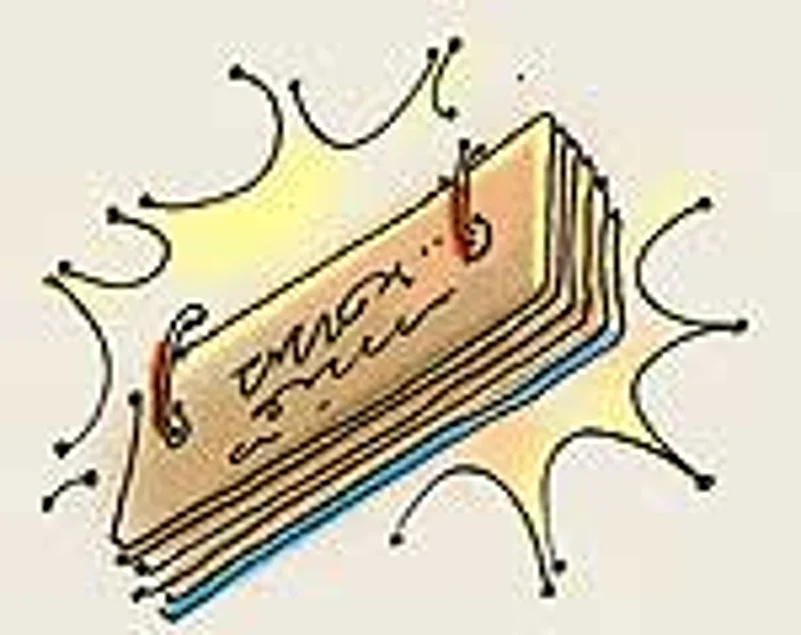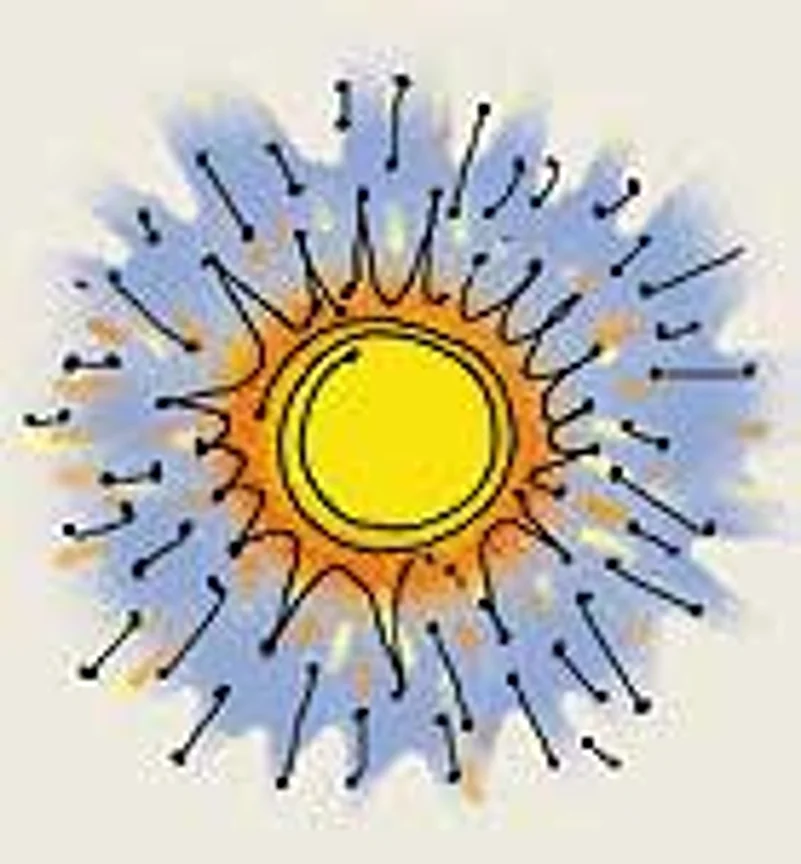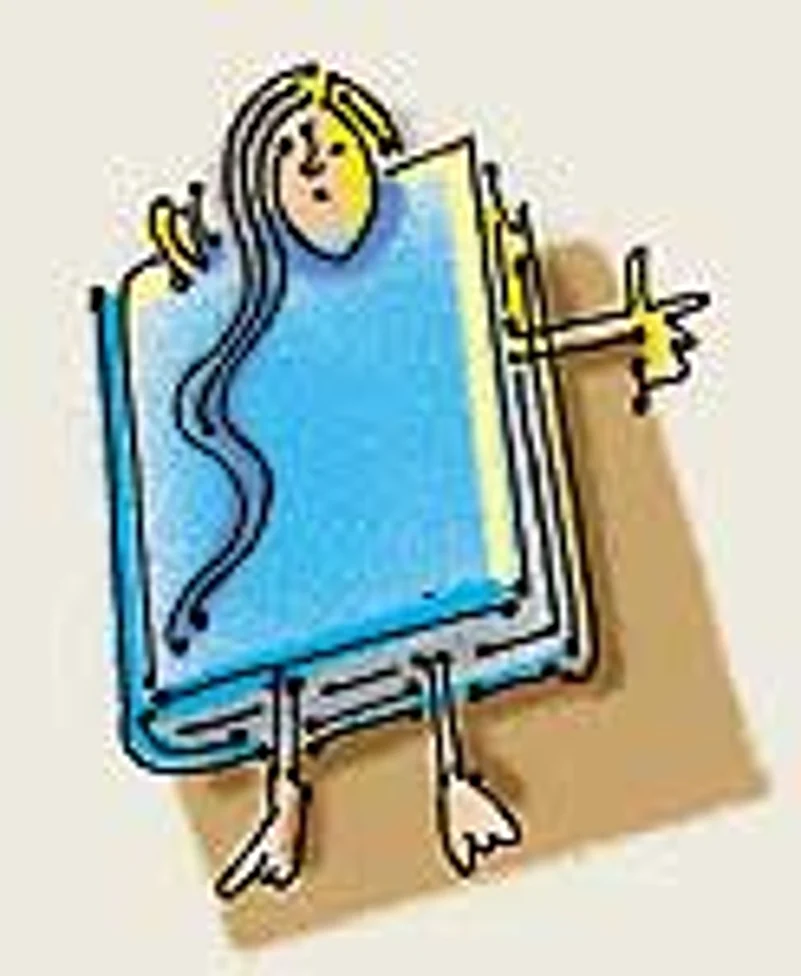
What could my
mother be to yours?
What kin is my father
to yours anyway?
And how did you and
I meet ever? But in
love our hearts have
mingled like red earth
and pouring rain.
A.K. Ramanujan, when he translated this poem, What He Said, composed by a Sangam age poet over 2,000 years ago, could have little dreamt how insidiously it would work its way into the minds and hearts of the people of the 21st century.

Do your duty; learn and teach
Speak truth; learn and teach."
Think how much more popular this verse from the Taittiriya Upanishad (A Treasury of Sanskrit Poetry, edited by A.N.D. Haksar) would become if it was displayed on the back of an autorickshaw. Or how about Swami Vivekananda’s
"It is all bliss—all bliss—all bliss"
(from the same book published by the Indian Council for Cultural Relations with Shipra).
More appropriate perhaps is:
"The sun gives sharp pain
Like a low man newly rich
(Subhashita Ratnakosha of Vidyakara).
Not all of Sanskrit poetry, unfortunately, is fit copy for Delhi’s forthcoming underground: A poem by Amaru, for instance, is destined to stay within the confines of discreet book covers:

Held her
Tight to me
breasts pressed flat
all of her skin
reached
and with wanting alone
her clothes by themselves fell down
her legs No
don’t Oh
god don’t
too much oh
yes
she was saying I
could hardly hear her
after that did she
fall asleep did she die
did she vanish into me
did she totally dissolve
into me
(translated by W.S. Merwin and J.M. Masson in A Treasury of Sanskrit Poetry).


























